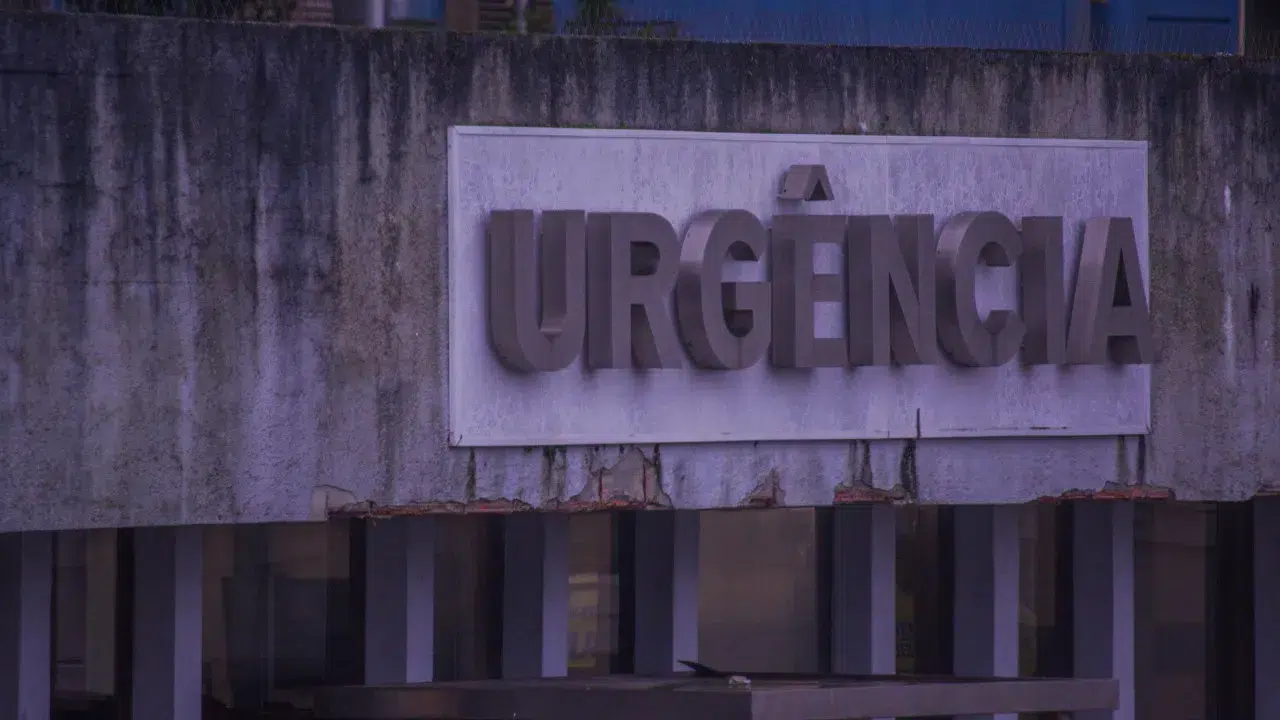This type of device can be “extremely dangerous”, warns the Navy.
The Portuguese Navy revealed, this Saturday, that it inactivated yesterday, August 4, an explosive device on Troia beach.
In a statement, the Navy explains that, after a popular alert informing the situation, “an Explosive Device Inactivation team from the Sapper Diver Detachment No. 1 (DMS1) was activated, assisted by elements of the Maritime Police and the Navy Operational Experimentation Center (CEOM)”.
On site, in coordination with the Captaincy of the Port of Setúbal, the DMS1 “identified a smoking device, which is used in the marine environment for signaling and marking areas in emergency situations at sea”.
“With the rise of the tide throughout the afternoon, the object was submerged and it was necessary to signal the prohibited area in the vicinity for the safety of citizens,” it reads.
The explosive device was inactivated with the support of the DMS1 at 22h55.
The Navy explains that, “due to the confluence of several sea and air routes”, this type of device “is found with some frequency on the Portuguese coast and requires precautions in its handling, which can be extremely dangerous”.
“It is warned that whenever such a device is found, it should not be removed and the Local Maritime Authority should be contacted immediately through direct contact or the national emergency number 112”, indicates the same note.








